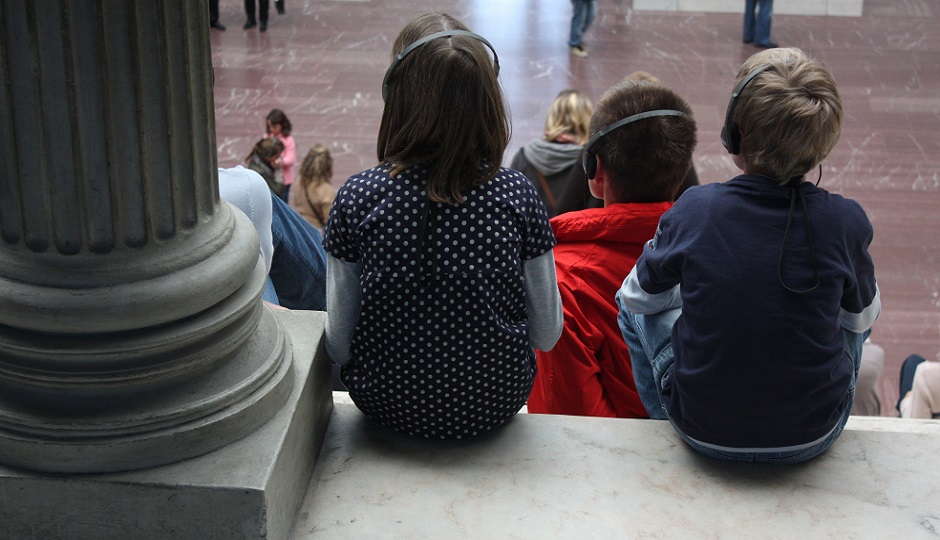
Culture is seen as an important dimension of the education of future generations, which is why there are many government programs to support student involvement in cultural activities. School programs encourage teachers to offer their students enriching cultural experiences in the form of lively, stimulating encounters with artists and creators.
Cultural activities are far from ubiquitous across all school environments.
However, our research shows that cultural activities are far from ubiquitous across all school environments. A significant number of students still have no access to this type of experience, which raises questions about the democratization of access to culture.
A survey of close to three hundred late primary and high school French teachers revealed that teachers are convinced that students have an inherent interest in this type of activity and that while there is an interesting offering of activities, teachers’ intentions are impeded by budgetary and organizational constraints.
According to observations made in classrooms where students are exposed to a variety of cultural activities, both girls and boys show an interest in the activities. Some activities, such as meeting authors, have a direct influence on the students’ relationship to reading and writing, an essential lever for academic success. However, such activities would have a greater impact if they were more regular and more explicitly linked to learning development, which would involve closer collaboration between teachers and cultural stakeholders.
Main researcher
Olivier Dezutter, Université de Sherbrooke
Deposit of the research report: September 2018
